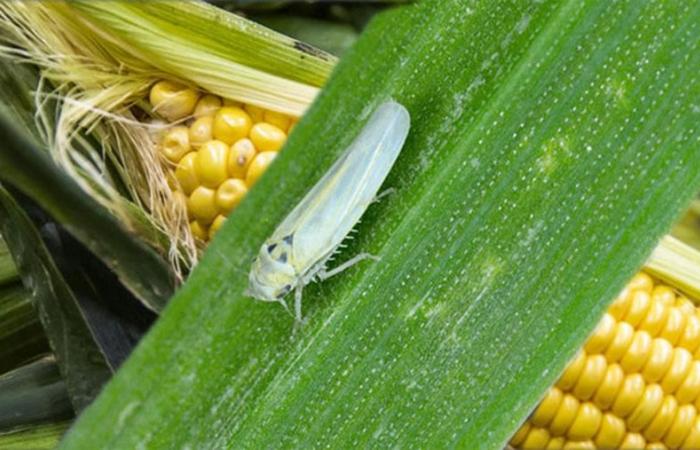First informative meeting in Tucumán.
The “First Information Meeting: Let’s Save the Corn” was held yesterday in Tucumán with the participation of the members of the Save the Corn Committee, made up of the Association of Agricultural and Livestock Producers of the North (Apronor), the College of Agricultural Engineers and Zootechnicians of Tucumán (Ciazt), the Rural Society of Tucumán (SRT) and CREA NOA Region. More than 300 people attended the call, including producers, technicians, advisors and companies in the sector.
On the occasion, actions were reported and defined to improve corn production, reducing production losses and crop area to a minimum. The engineer Daniel Frascarolo, private advisor, shared the main management recommendations raised by the Committee, framed in a Comprehensive Communication Plan. These are based on existing knowledge at the regional, national and international level about: a) regional sanitary vacuum: avoiding spring planting of corn from August to November inclusive. b) Control of guacho or voluntary corn. c) Population monitoring of Dalbulus maidis: carry them out before sowing and during the initial stages of cultivation. d) Plant less susceptible hybrids. e) Concentrate the sowing date.
The importance of the sanitary vacuum
Regarding the commitment to implementation, attendees agreed on the need to implement these actions and recognized that to properly execute them, this commitment from all actors in the chain will be necessary. The contributions, suggestions and offers of the participants enriched the proposals.
Regarding the implementation of the sanitary vacuum, it was highlighted that although there is a general consensus on its importance, some difficulties were identified for its implementation.
This point raised concern, since if the authorities do not regulate planting outside the main season, corn production could be at risk of suffering significant damage in the short and medium term. Furthermore, in many areas, if a sanitary vacuum cannot be efficiently established, producers are determined not to plant corn, at least in the 2024/25 campaign.
Other points discussed at the provincial level were the declaration of the Agricultural Emergency (to be implemented in Salta, Jujuy and Catamarca), and support for the communication plan (agreement reached).
At the national level, it is demanded: 1) Recognition of the importance of corn cultivation for the region. 2) Reduce tariffs/taxes specifically for inputs needed to manage the problem. 3) Carry out procedures with Senasa to facilitate the entry of tolerant germplasm. 4) Readjust the production regulations for controlled corn seed according to the current situation, which is essential to implement the sanitary vacuum. 5) Eliminate corn export duties.
Conclusion of the meeting
The conclusion of the meeting that took place in Yerba Buena was that the representatives of the Committee stressed the urgency of implementing these measures to guarantee sustainable corn production and minimize future risks.
Finally, they highlight that the collaboration and commitment of all actors are essential to achieve these objectives and to ensure the viability of corn cultivation in the region.






